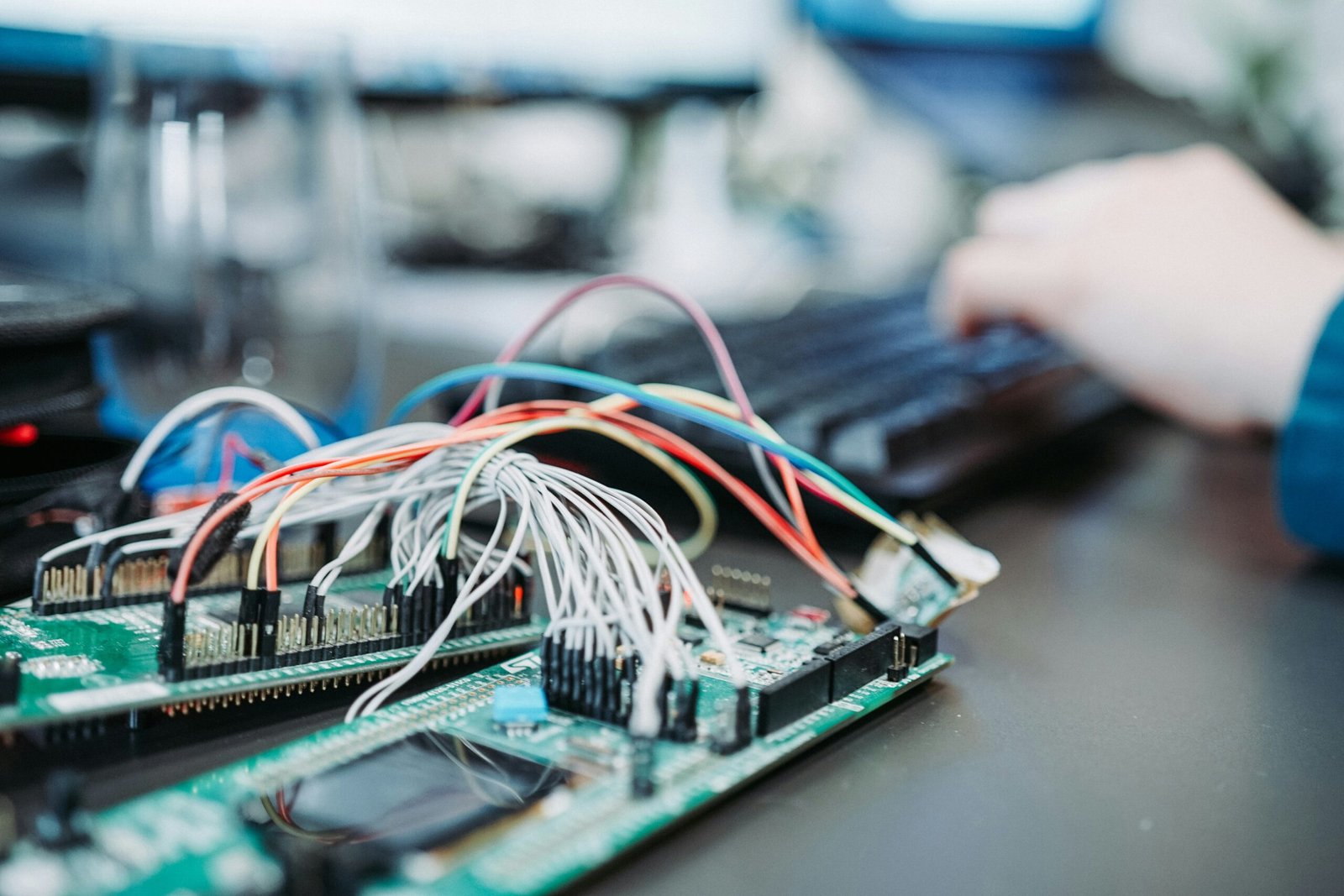The Importance of Early Childhood Education
The Benefits of Early Childhood Education
Early childhood education plays a crucial role in a child’s development and sets the foundation for their future success. It encompasses a range of educational activities and experiences designed to promote learning and growth in young children.
Cognitive Development
Early childhood education stimulates cognitive development by providing opportunities for children to explore, experiment, and problem-solve. Through engaging activities and age-appropriate curriculum, children develop essential thinking, reasoning, and problem-solving skills.
Social and Emotional Development
Interacting with peers and educators in an early childhood education setting helps children develop social and emotional skills. They learn how to communicate, cooperate, and regulate their emotions, which are vital for building relationships and navigating social situations.
Language and Literacy Skills
Early childhood education focuses on developing language and literacy skills, laying the groundwork for future academic success. Children are exposed to rich language experiences, storytelling, and early reading activities that foster vocabulary development and a love for reading.
Physical Development
Physical development is also a crucial aspect of early childhood education. Children engage in various gross and fine motor activities that promote coordination, strength, and control. These activities contribute to the overall well-being and health of young children.
The Role of Early Childhood Educators
Early childhood educators play a vital role in facilitating the learning and development of young children. They create a nurturing and stimulating environment that encourages exploration, creativity, and curiosity. They also observe and assess children’s progress, tailoring activities to meet individual needs.
Conclusion
Early childhood education is essential for a child’s holistic development. It provides a strong foundation for future learning and prepares children for success in school and beyond. By investing in quality early childhood education, we are investing in the future of our children and society as a whole.
FAQs:
- What is early childhood education, and why is it important?
- How does early childhood education stimulate cognitive development in young children?
- What role does early childhood education play in fostering social and emotional skills?
- How does early childhood education contribute to the development of language and literacy skills?
- What are some examples of physical activities that promote physical development in early childhood education?
- What is the significance of early childhood educators in the learning and development of young children?
- How do early childhood educators create a nurturing and stimulating environment for children?
- What are some key elements of quality early childhood education programs?
- What are the long-term benefits of investing in early childhood education for children and society?
- How can parents and caregivers support early childhood education at home?




